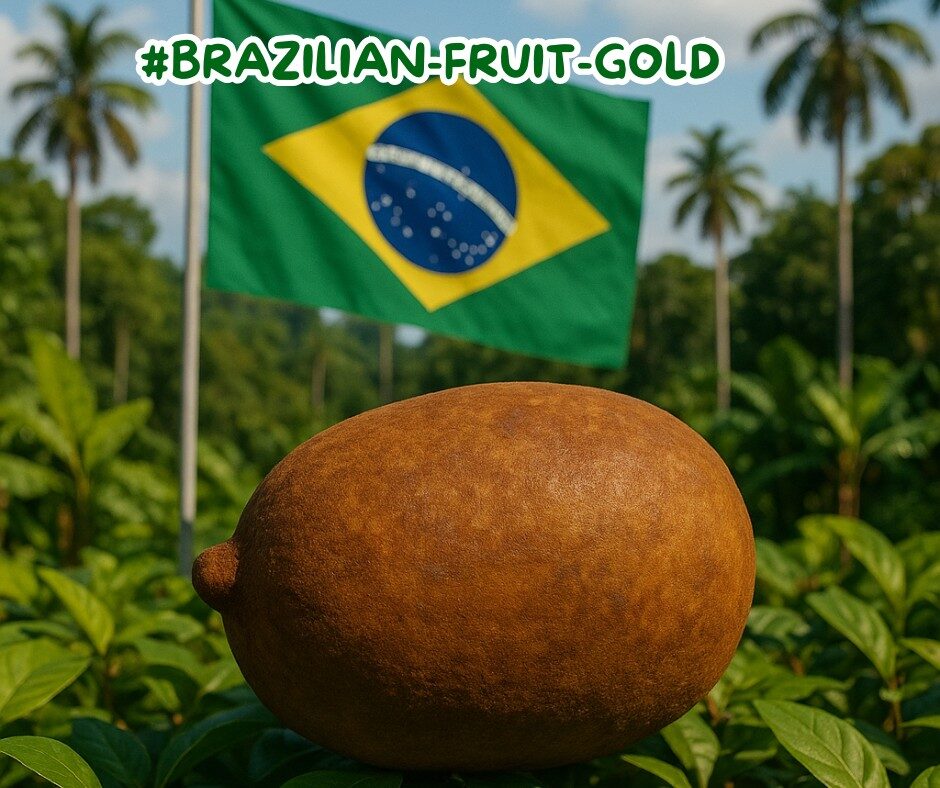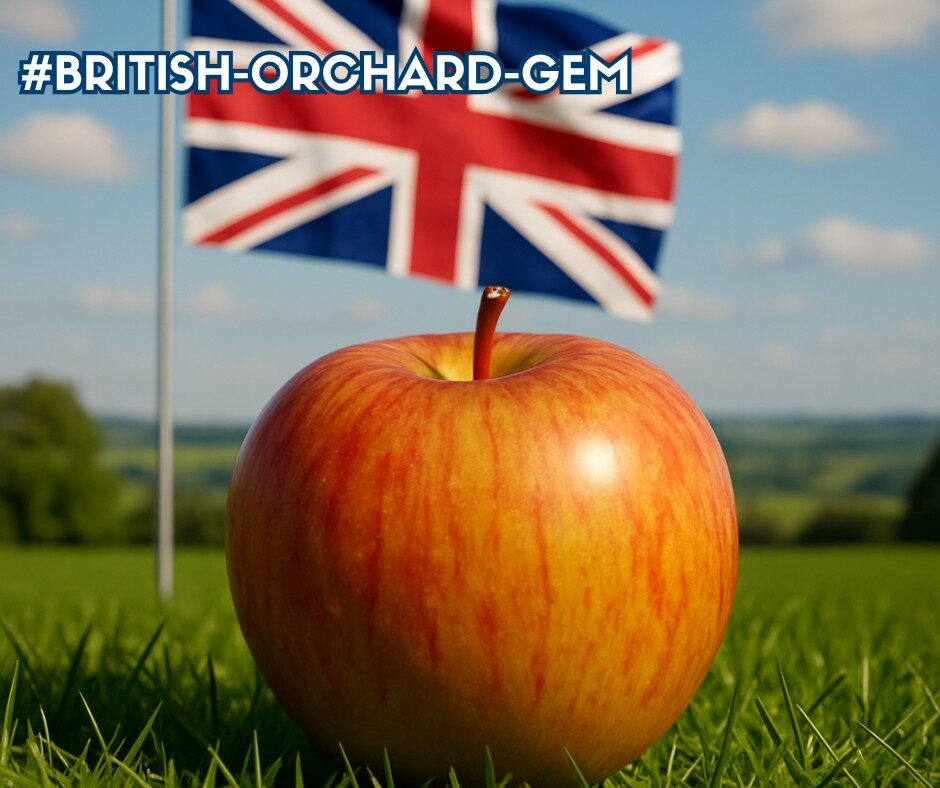by Dr. Marli Botha
Apples are among the world’s most popular fruits. They grow on the apple tree (Malus domestica), originally from Central Asia. Apples are high in fibre, vitamin C, and various antioxidants. They are also very filling, considering their low-calorie count. Studies show that eating apples can have multiple benefits for your health. Usually eaten raw, apples can also be used in various recipes, dishes, juices, and drinks…
- Apples come in all shades of red, green and yellow. There are 7,500 varieties, or cultivars, of apples grown throughout the world. The world’s top apple producers are China, the United States, Turkey, Poland and Italy. The science of apple growing is called pomology. Apples are members of the rose family.
- Apples are rich in important antioxidants, phytochemicals, flavonoids, and dietary fibre. Epidemiological studies have linked the consumption of apples with reduced risk of some cancers, cardiovascular disease, asthma, and diabetes. In the laboratory, apples have been found to have very strong antioxidant activity, inhibit cancer cell proliferation, decrease lipid oxidation, and lower.
- Researchers from Finland studied dietary data from 9208 men and women gathered for a period of 28 years and found that regular apple eaters had a lower risk for stroke compared with non-apple eaters.
- Most people just don’t like the skin. But you’ll lose some significant nutrients if you don’t eat the peel. About one-third of the apple’s total fibre is lost if you toss the peel in the trash. You also eliminate all of the folate of the apple, and most of its vitamin E and vitamin K.
- Apples are generally considered healthy but may cause digestive problems in some people. Apples are generally well tolerated. However, they may cause problems for people with irritable bowel syndrome (IBS) because they contain fermentable oligo-, di-, mono-saccharides and polyols, a wide category of fibres that cause digestive symptoms, including gas and abdominal pain, in some people. Their fructose content may also be problematic for people with fructose intolerance.




